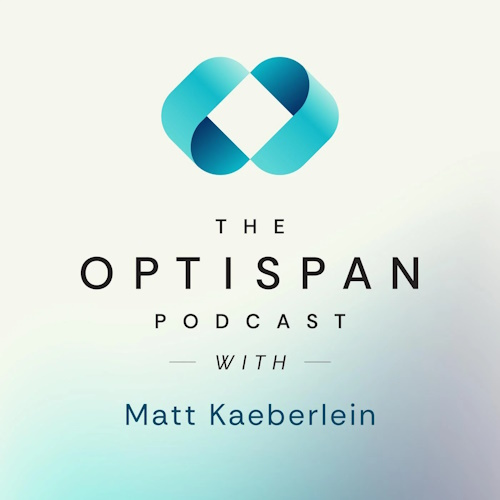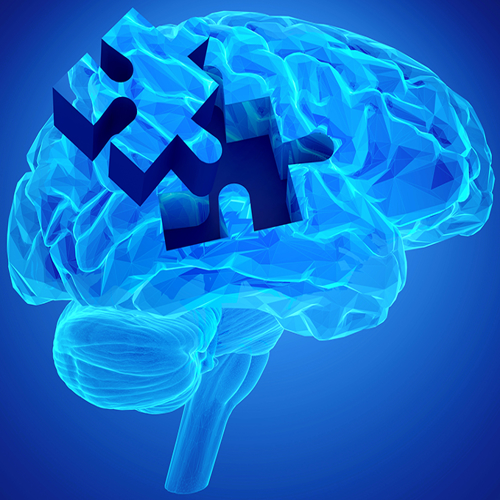Two Promising Drugs for Alzheimer’s & Aging with Jon Berner (Science Backed)
Optispan podcast episode - Lithium and Rapamycin: new hope for Alzheimer’s
In this episode of the Optispan Podcast, the conversation focuses on two drugs—Lithium and Rapamycin—that are gaining renewed scientific attention for their potential roles in Alzheimer’s prevention and healthy aging. The hosts discuss recent research breakthroughs, the biological mechanisms behind each drug, and how evolving dosing strategies and safety data are reshaping their reputations in longevity and cognitive health research.
Key Points:
Lithium and Rapamycin are gaining strong scientific interest as potential tools to slow aging and reduce Alzheimer’s risk. Their promise lies in supporting neural stability, cellular repair, and metabolic resilience, rather than treating symptoms after damage occurs. The next major step is carefully controlled clinical trials to determine optimal dosing and long-term safety for preventive use in aging.
- Lithium Makes a Comeback in Alzheimer’s Research: Once known primarily as a psychiatric medication, lithium is now recognized for metabolic and neuroprotective effects, including slowing brain aging and stabilizing neural signaling.
- Harvard Findings Link Lithium to Alzheimer’s Pathology: Recent research suggests lithium deficiency appears in brain regions affected by Alzheimer’s disease, indicating that restoring lithium at low, controlled doses may protect synapses and neural metabolism.
- Lithium Use Shows Reduced Cognitive Decline in Real-World Populations: Observational data show individuals on long-term lithium therapy often exhibit lower Alzheimer’s risk and longer lifespan, sparking renewed clinical interest.
- Safety Depends Strongly on Dosage: High clinical psychiatric doses can stress kidney and thyroid function, but micro-dosing (low-dose lithium) appears much safer and may be sufficient for aging-related benefits.
- Rapamycin as a Promising Anti-Aging Drug: Rapamycin, an mTOR inhibitor originally used for organ transplant patients, is now widely studied for its ability to improve cellular repair, autophagy, and immune system function, all relevant to age-related disease.
- Rapamycin Shows Early Signals in Cognitive and Fatigue Disorders: Clinicians report improvements in chronic fatigue, cognitive resilience, and immune regulation, suggesting rapamycin may also benefit age-associated neurological decline.
- Dosing Strategy for Rapamycin Matters: While daily high-dose regimens can suppress immunity, intermittent or pulse dosing may maximize longevity benefits while minimizing side effects.
- Combination Approaches Are Being Explored: The discussion highlights emerging protocols pairing Rapamycin with ketamine or lithium, aiming to enhance neuroplasticity, mood regulation, and cellular cleanup—but more controlled trials are needed.
Visit website: https://www.youtube.com/watch?v=oFmsMaTmBaY
See alsoDetails last updated 30-Oct-2025





